Impeachment, Dem. Pres. Candidates in Newest Poll
By Frederica Freyberg | Here & Now
October 25, 2019 • South Central Region
With impeachment hearings, U.S. foreign policy, presidential horse-race numbers and the governor's approval all permeating the national discourse, Marquette Law School Poll Director Charles Franklin checks in on Wisconsinites’ views with his latest poll.
VIDEO TRANSCRIPT
Transcript Coming Soon.
 Passport
Passport




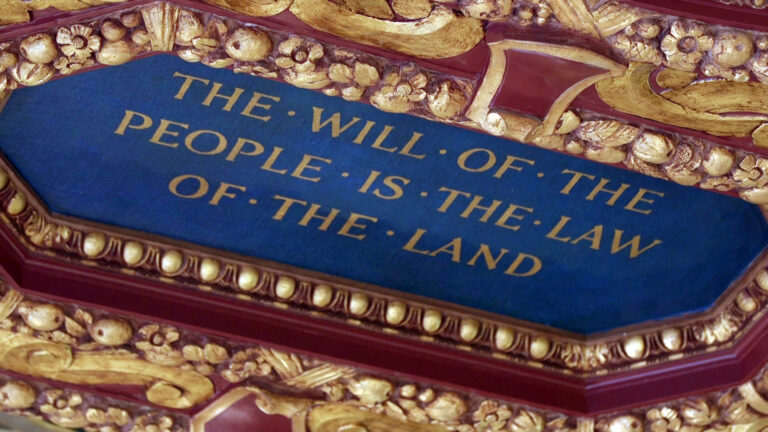
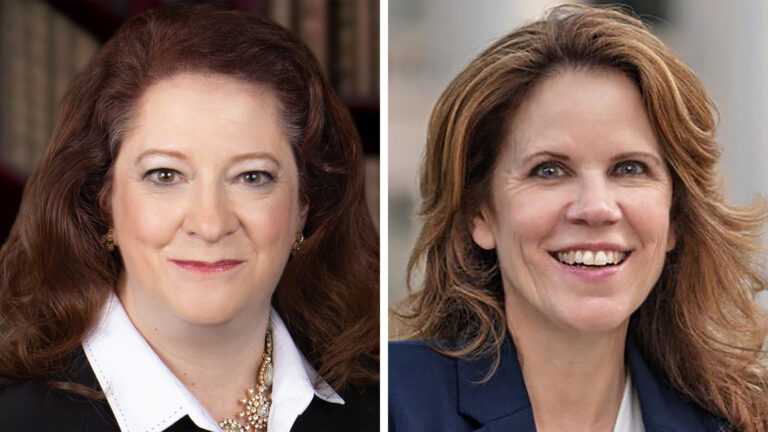
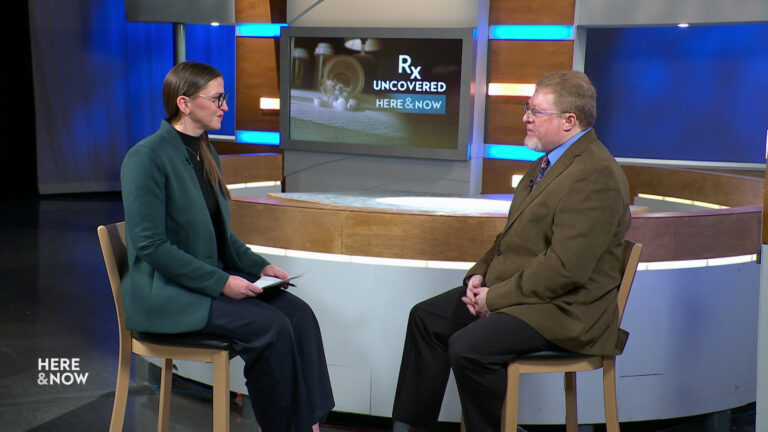
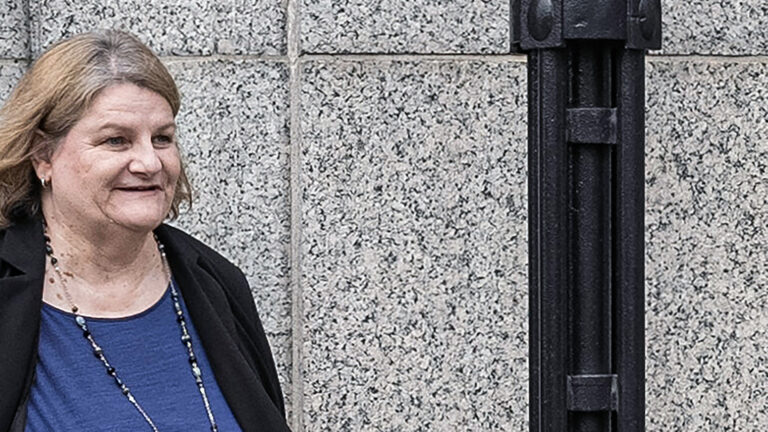
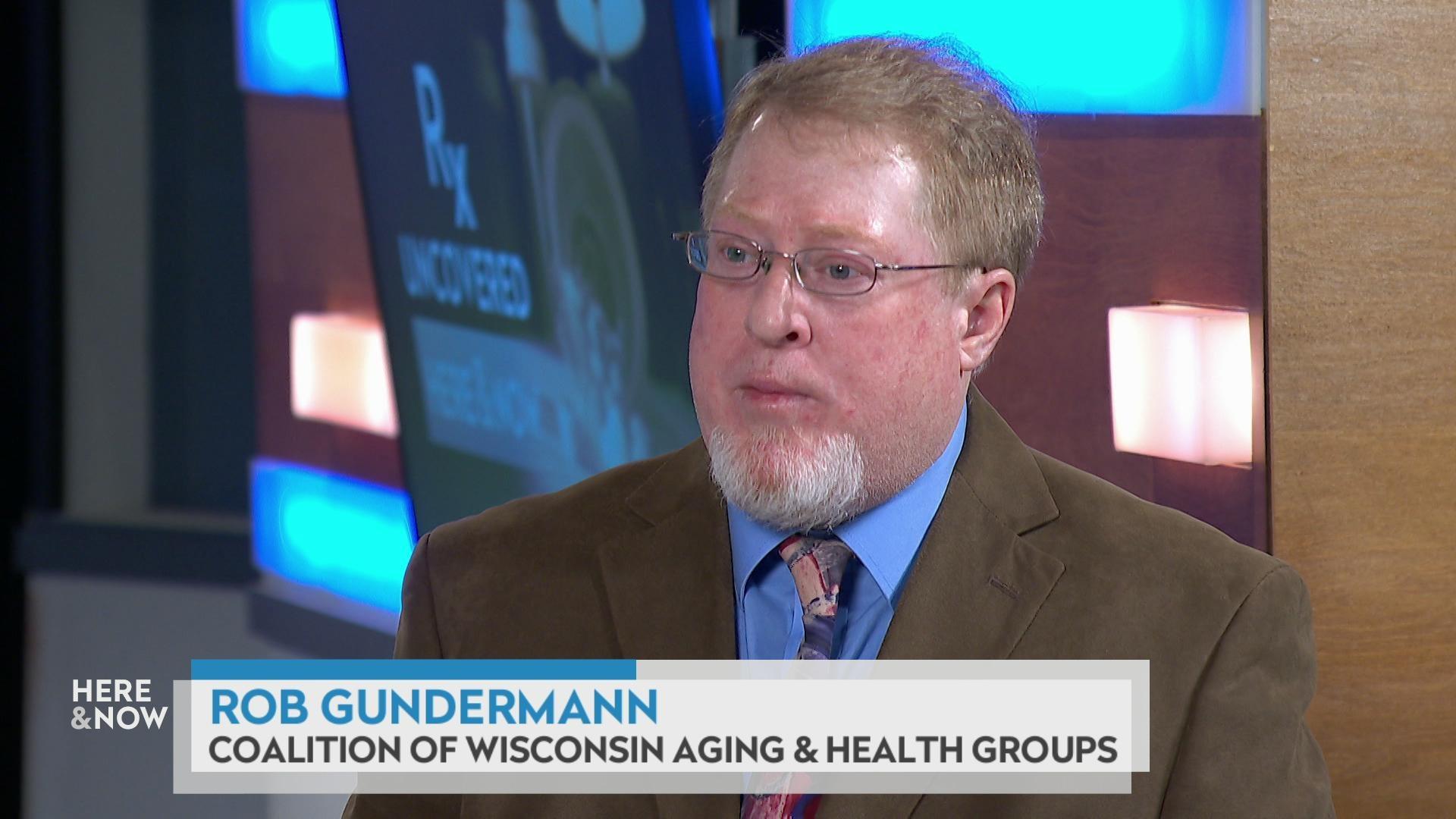


Follow Us